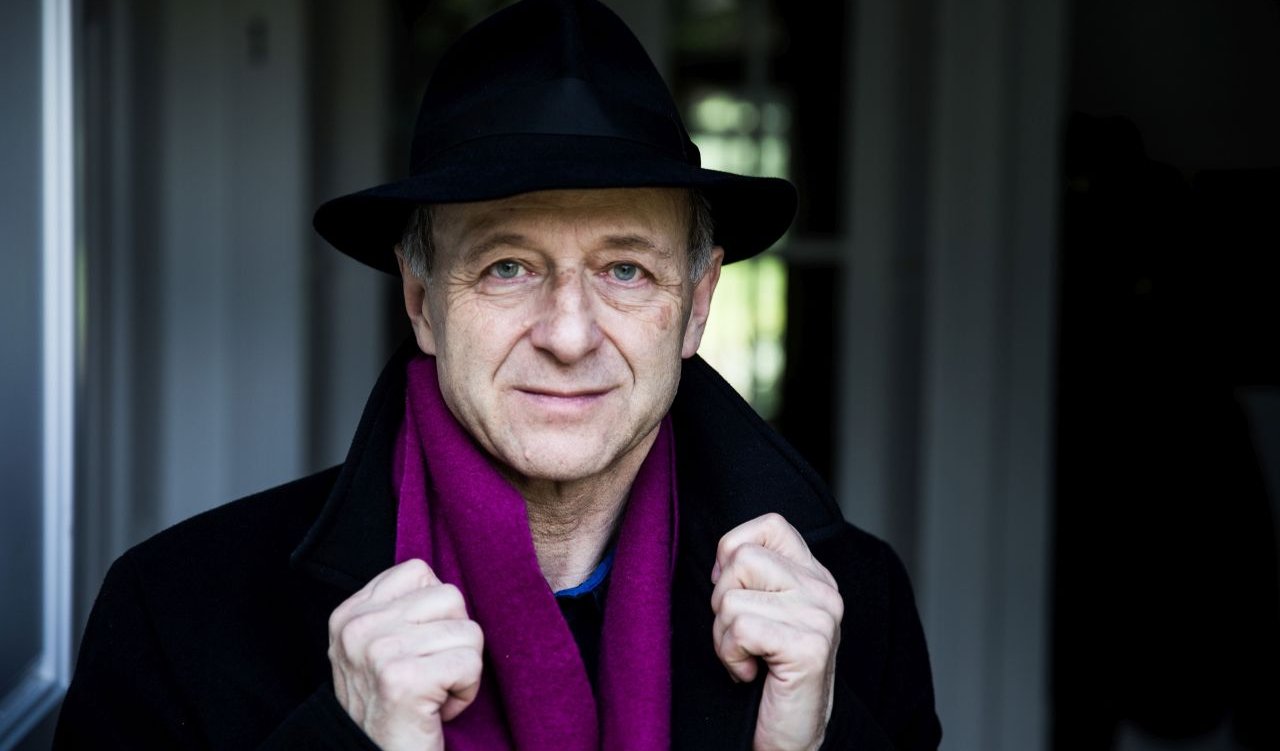

Program
Featuring
Other information
The event is about 2.5 hours long.
About the event
The musicians of the Festival Orchestra play a suite by Bach on period instruments, to be followed immediately by a set of showpiece arias for coloratura soprano from György Ligeti’s avant-garde “anti-opera” performed by the award-winning German soprano Anna-Lena Elbert, still in her late twenties; and finally, after visits to the extremes, comes a kind of synthesis, the bittersweet, far more reserved and conservative Brahms symphony – how could a concert program be more colorful? The skips between centuries produce seemingly irreconcilable opposites that in fact attract each other. Baroque and contemporary music are a particularly good match, while Brahms’ flowing melodies give a rest to the listener who may have been exhausted by this time travel and such modern sounds.
Bach’s last orchestral suite is a perfect opener; the composer called the entire work “Ouverture” with good reason. The first movement invokes the dotted notes and sublime atmosphere of overtures to French operas – with a bit of Italian seasoning. Then, adjusted to the style of the period, come a series of conventional dances; two Bourrées first; the merry and the mysterious dances take turns to form a single movement. A Gavotte follows, expressing, according to a contemporary account, “joy that never loses self-control.” After the almost mandatory Minuets (two of them) the Suite, set for strings, oboes, trumpets, timpani, and continuo, instead of adding another dance movement, culminates in a ceremonial Réjuissance (rejoicing).
The Chief of Gepopo, the secret police of Brueghelland, gives a warning to Prince Go-Go: the intelligence service has discovered that a giant comet is approaching to destroy the planet. Due to the messenger’s fear and paranoid hysteria, the coded message becomes almost incomprehensible. Le Grand Macabre, Ligeti’s only opera, is an absurd caricature, full of sarcastic wit and virtuosic grotesqueness. This is especially true for the Gepopo arias, an independent concert piece since 1991. The wails of the Chief of Gepopo, desperately singing about the end of the world, is an extremely difficult technical task for the soprano; the chamber orchestra, sometimes operating as a choir, accompanies the cries for help with similar virtuosity.
It took six years for Brahms to approach the symphony genre again after finishing his 2nd. A single summer in the Rhine region was enough to get the rather complex score ready and the work was premiered on a Viennese podium at the end of 1883. His Third Symphony is often likened to Beethoven’s Eroica, although Brahms’ hero is totally different. The frequent transitions to a minor key from the basic F major key and the conflicts of the first movement suggest that here the protagonist is mainly fighting with himself. The ominous endings of the individual movements, the gloomy, slow response given to the slow movement (instead of a dance movement), and the gradually hushed ending of the Finale instead of a fanfare turn the usual heroic march into a psychological drama.
Did you know? Bach's Suite for orchestra No. 4 dates from around 1725, and the three arias from Ligeti's 1977 opera were first performed with orchestral accompaniment in Paris on 20 January 1994, with soloist Sonja Pascale and Oswald Sallaberger conducting, and the premiere of Brahms' Symphony No. 3 was in Vienna on 2 December 1883, conducted by János Richter. The Festival Orchestra last performed the suite on 3 June 2018 (conductor: Jordi Savall) and the symphony on 16 December 2017 in Hong Kong (conductor: Iván Fischer). They will play Ligeti's work for the first time.
Contemporary events The Italian historian Giambattista Vico's philosophical treatise on history, The New Science, was published in 1725 / on 8 February 1725, Catherine I succeeded to the Russian throne after the death of her husband, Tsar Peter The Great / in 1725, Antonio Vivaldi's violin concertos entitled The Four Seasons were published in Amsterdam / in 1994, a referendum confirmed Austria's accession to the European Union / the novel Brazil by American author John Updike was published in 1994 / on 14 December 1994, György Kurtág's Stele was premiered in Berlin / on 13 January 1883, the Norwegian playwright Henrik Ibsen's play An Enemy of the People was first performed in Kristiania (Oslo) / on July 30, 1883, lawyer Károly Eötvös gave his defense in the Tiszaeszlár Affair blood libel trial, and the accused Jews were acquitted by the Nyíregyháza court on August 3 / on 16 May 1883, Antonín Dvořák's Scherzo Capriccioso Op. 66 was premiered in Prague
